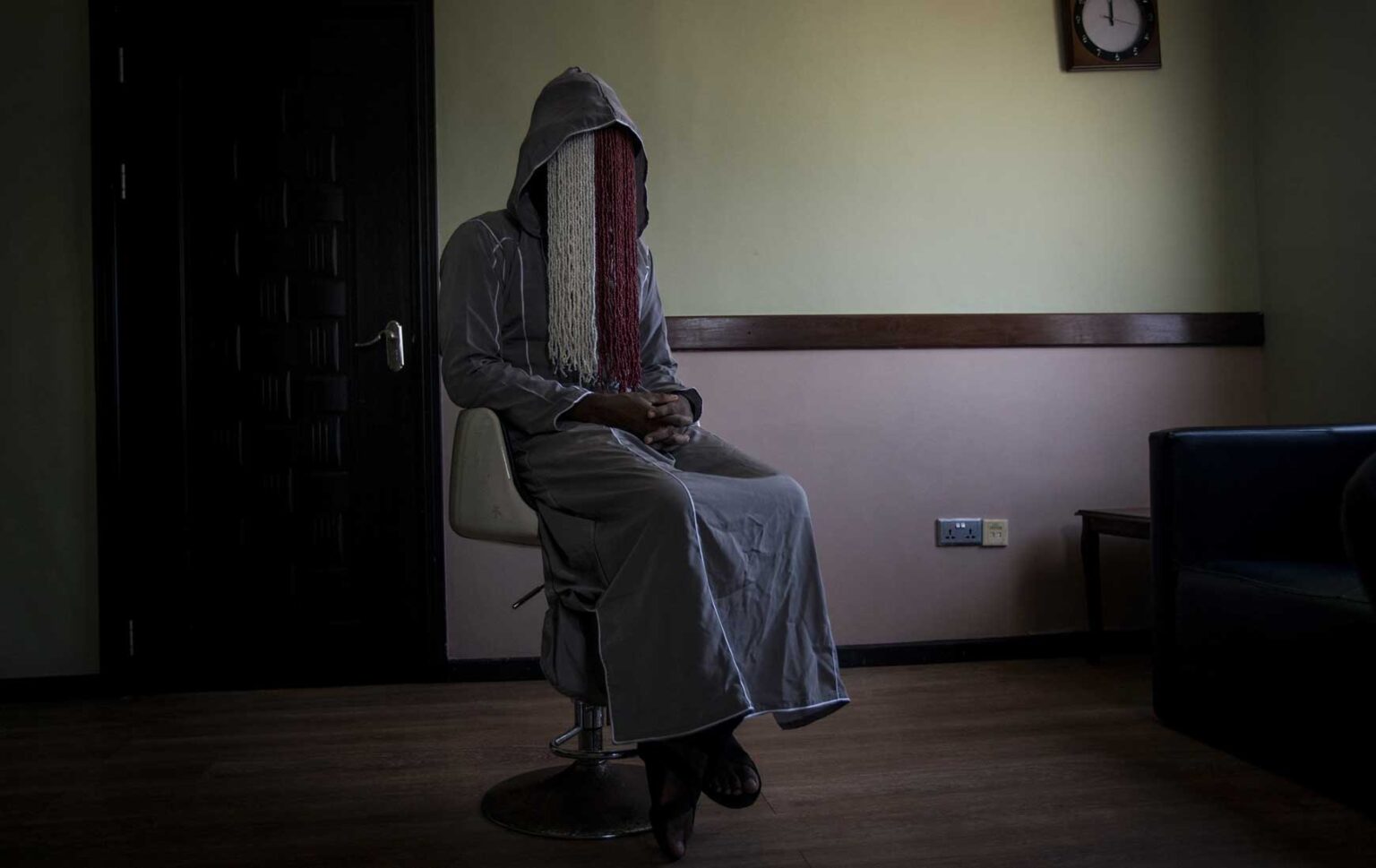Corruption remains a pervasive anti-developmental issue for Ghana, just as it is for many of Africa’s 54 member nations. What should have been a great success story to tell today following Ghana’s bold steps in the establishment of key anti-graft institutions and regulations, is overshadowed by decades of feet-dragging in prosecutions, overpoliticisation of cases, and the general lack of enforcement of regulations.
This article examines the initiatives taken, difficulties encountered, and advancements made in Ghana’s continuous fight against corruption.
Ghana has taken significant steps in addressing corruption through legislative and institutional frameworks, despite the current state of perceived stagnation in the corruption fight (as evidenced by the country’s score on Transparency International’s Corruption Perceptions Index (CPI)). The establishment of institutions like the Commission on Human Rights and Administrative Justice (CHRAJ), the Economic and Organised Crime Office (EOCO), and the Office of the Special Prosecutor (OSP) demonstrates the commitment to tackle corruption at different levels.
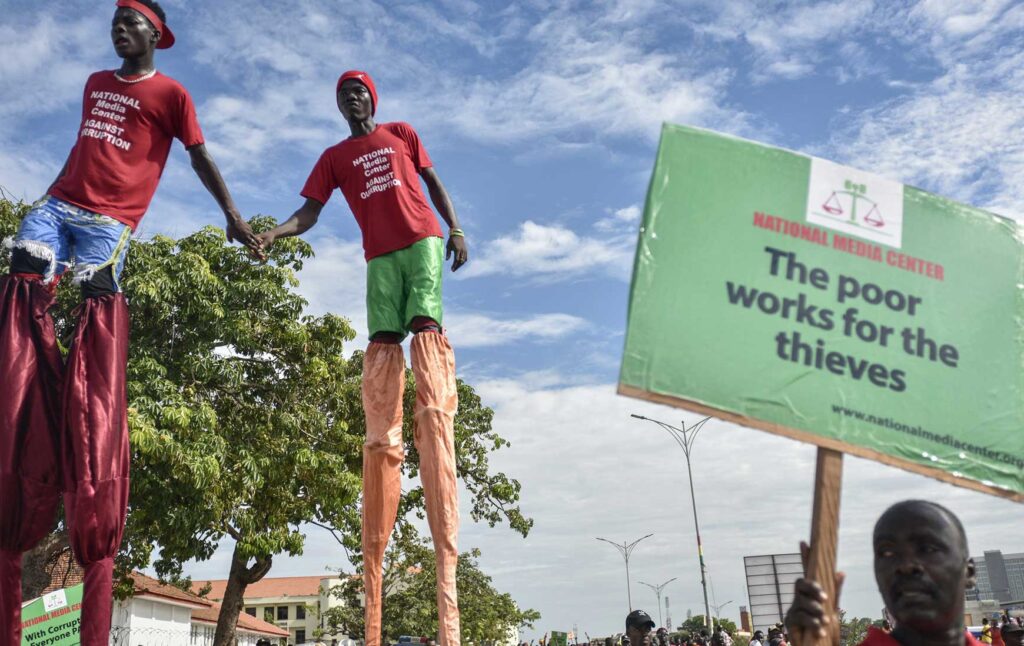
These institutions are supported by existing mainstream state institutions such as the Ghana Police Service (GPS), the Attorney General’s Office, the Financial Intelligence Centre, the Auditor General’s Office, the Internal Audit Service, the Public Procurement Authority, the Controller and Accountant General’s Department, and the Register General’s Department.
While the focus has been on the strengthening of transparency and accountability over the years in its governance, Ghana’s government (GoG) is implementing a coordinated approach in the fight against corruption through the implementation of the National Anti-Corruption Action Plan (NACAP), a national 10-year strategy that was adopted on 3 July 2014, pursuant to Article 35(8) of the Ghanaian Constitution, to help coordinate the fight against corruption with CHRAJ as the lead institution.
Additionally, digital platforms have been deployed to promote transparency in public services, making information easily accessible to citizens. This has been further enhanced with the passage of the Right to Information Act (Act 989, 2019), which empowers the public to access information from central and local governments as well as from non-governmental organisations that are publicly funded.
There has also been deliberate and active collaboration with international partners such as Interpol and other investigative bodies in clamping down on cross-border graft crimes, for example. Ghana’s commitment to a united front against corruption – in the country and on the continent – is further demonstrated by its cooperation with groups like Transparency International and its participation in regional and international anti-corruption treaties.
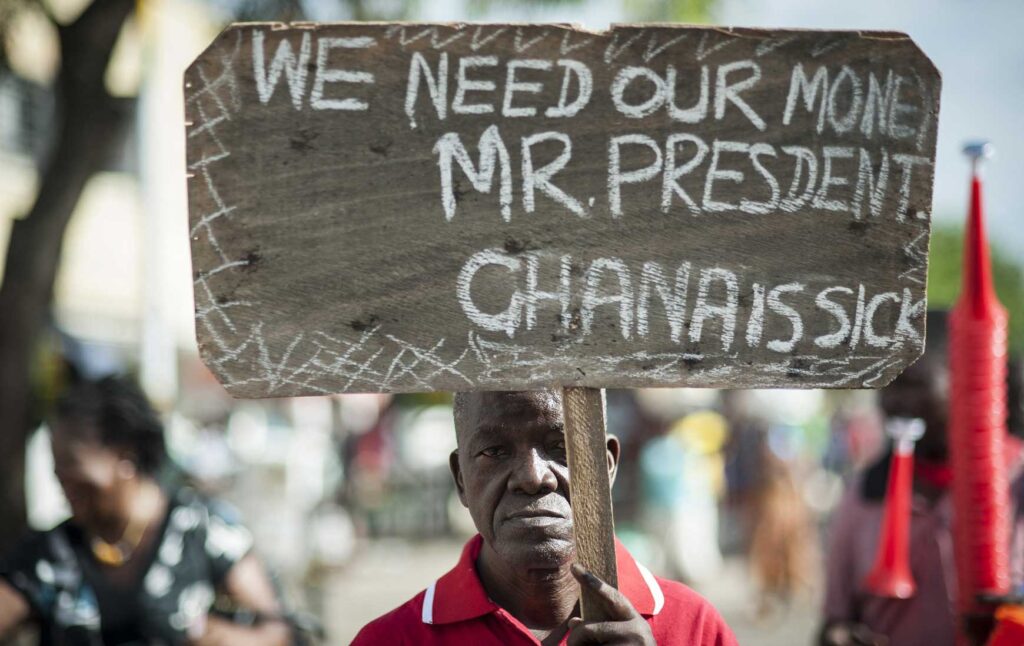
It is important to note here that Ghana was one of the first countries to sign on to the African Peer Review Mechanism (APRM), an instrument established by the New Partnership for Africa’s Development (NEPAD) for AU member states to voluntarily self-monitor their governance performance. This opens the country up to an independent assessment of the processes in the fight against corruption. To this end, several indices, such as the report by the United Nations Convention against Corruption (UNCAC) and the CPI, are used to track Ghana’s progress. The country’s position on these indices normally reflects the perception of the efficacy of its anti-corruption initiatives and points out areas that need additional focus.
In recent years, however, fighting corruption in Ghana has been challenging and demoralising for both activists and observers. The efficacy and efficiency of anti-corruption programmes in the country have been questioned. There is the perception that interventions by various governments have been impeded by inadequate enforcement of anti-corruption laws, political interference, and insufficient funding and resource allocation to statutory agencies mandated to fight corruption. This perception has been reinforced by recent failures in the prosecution and trial of high-profile corruption cases. Rather than all sides of the political divide taking a bipartisan approach to the fight against corruption, corruption cases have been tainted by politics.
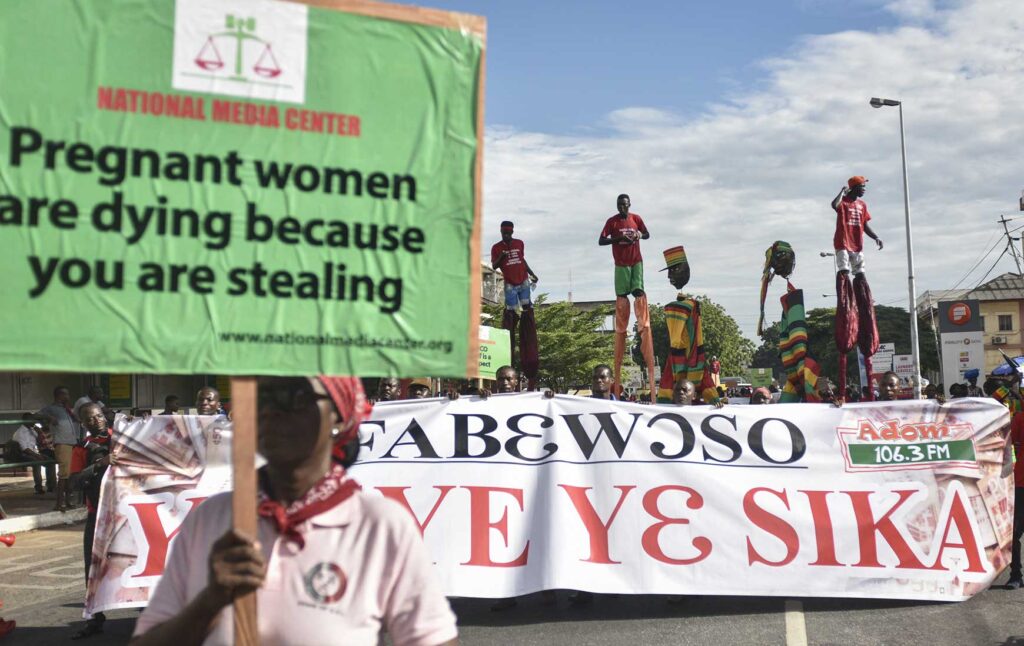
The prosecution of such cases, therefore, has mostly failed due to a fear of courting public displeasure and the judicial process being branded as a political witch hunt. This situation is quickly dousing the citizenry’s confidence in the ability of public anti-graft institutions to fight the growing incidence of corruption. Special Prosecutor Kissi Agyebeng recently criticised the nation’s sluggish fight against corruption in a speech titled ‘Corruption and Justice: Where does Ghana stand?’, lamenting Ghana’s continued score of 43 points out of 100 (the same score for the past four years) on the CPI. He questioned the commitment to real change while discussing the failure of anti-corruption campaigns.
There has been a growing public perception that Ghana’s public finances have been increasingly mismanaged in recent years, particularly in the conduct of senior public officials, including ministers, the CEOs of state institutions, and other government appointees. This has led to public demands to tighten anti-graft provisions in the country’s 1992 Constitution. However, delays in making key reforms and promulgating legislation such as the Conduct of Public Officers Bill and the Assets Declaration Regime Amendments are but a few examples of the government’s lax attitude towards fighting corruption.
Also, Ghana’s current asset declaration regime is silent on sanctions, monitoring, publication, and verification of assets, making it a “white elephant” in the country’s Constitution.
On the part of the executive, there seems to be a lack of political will to crack the whip when the anti-graft lens lands on the party faithful. The absolute power the Constitution grants the president to pronounce a final verdict on the work of state-constituted investigative committees has sadly been used to clear appointees of any wrongdoing, even in cases where there appears to be overwhelming evidence.
In addition, the courts have also been accused of being overly dismissive of certain high-profile corruption cases, impeding the work of anti-corruption institutions in the process. State prosecutors and investigators have also been inefficient in adducing incontrovertible evidence to successfully prosecute corruption-related cases.
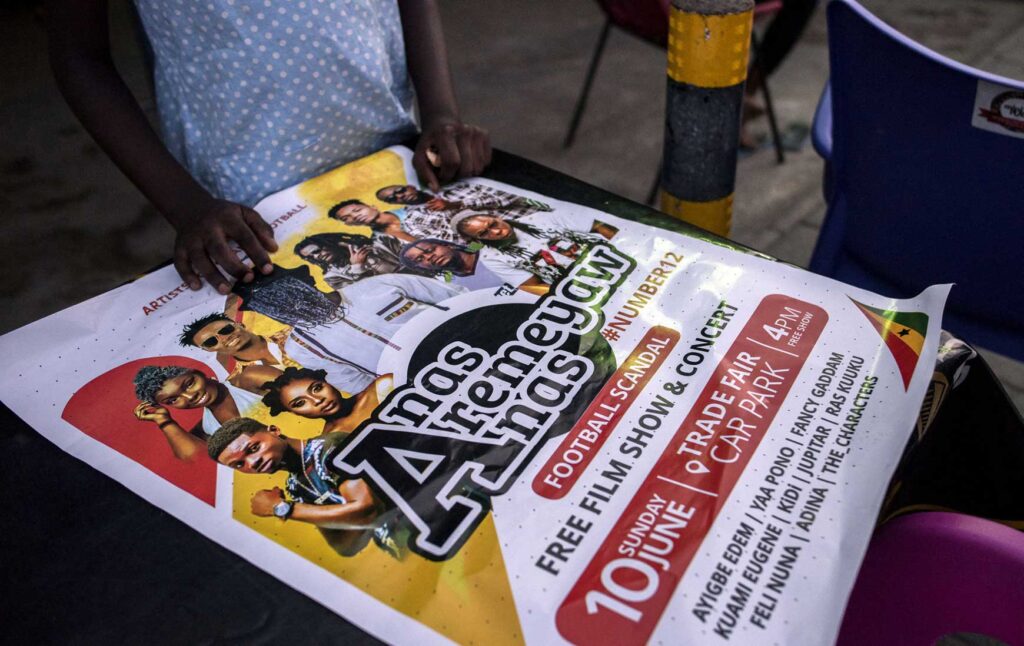
Ghana’s civil society organisations (CSOs) and the media have been particularly successful in highlighting anti-corruption-related cases, irrespective of the pedigree of the parties involved. The work of investigative journalists such as the award-winning Anas Aremeyaw Anas of the Tiger Eye PI and Manasseh Azure of the Fourth Estate, among others, are leading the charge in holding public officials to account. CSOs have equally been active in creating platforms where anti-graft cases are publicised and discussed.
However, years of delayed enforcement and incomplete investigations have dealt heavy blows to Ghana’s fight against corruption. Instead of curbing the rise in the number of cases of misappropriation of public funds, key investigations by the Auditor General’s Office, the EOCO, and Parliament’s Public Accounts Committee, seem unable to tackle corruption.
There needs to be a greater level of collaboration among Ghana’s anti-graft institutions to successfully prosecute corruption-related cases. CSOs, in turn, must support these statutory institutions by keeping a sustained spotlight on high-profile cases from beginning to end.
In summary, the specific recommendations below, made by Ghana’s Special Prosecutor at the launch of Transparency International’s CPI 2023 report, could trigger and sustain much-needed change:
- Entrenching anti-corruption institutions in the Constitution and expanding their powers;
- Protecting these institutions from political interference and reprisals;
- Guaranteeing adequate resources and true judicial independence;
- Establishing a specialised anti-corruption Court and providing competitive salaries for legal officers;
- Fostering a culture of truth and integrity within these institutions.
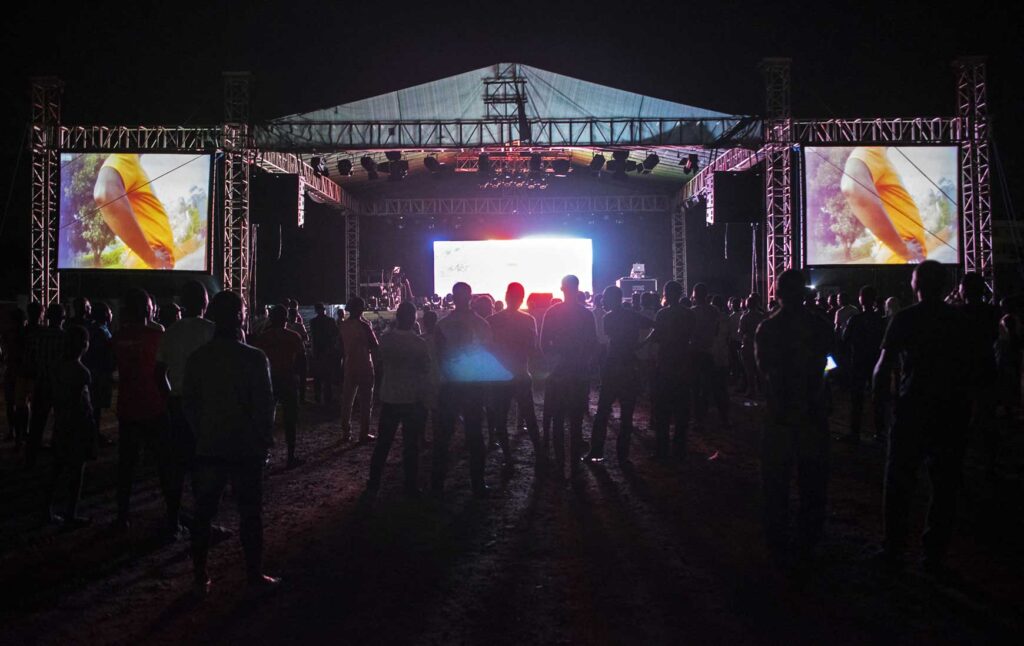
Ghana’s position at 70 out of 180 sampled countries and its score of 43 on the Corruption Perceptions Index necessitate deep introspection for change. The government, the judiciary, and the statutory anti-graft investigating and prosecuting bodies must unite behind the numbers to enforce the anti-corruption laws. Failure to act on the findings of the Auditor General’s Office annual audit reports, Public Accounts Committee (PAC) investigations, and other statutory investigations in themselves must be punishable by law.
While the Ghanaian government’s efforts over the years to establish critical anti-graft institutions with specific mandates and to promulgate anti-graft laws are commendable, much more needs to be done to tame the growing incidence of corruption. It is crucial to continue efforts to fortify institutions, uphold anti-corruption legislation, and encourage an integrity-driven culture. Maintaining consistent progress in Ghana’s battle against corruption requires the combined efforts of the people, the government, and its international collaborators.

